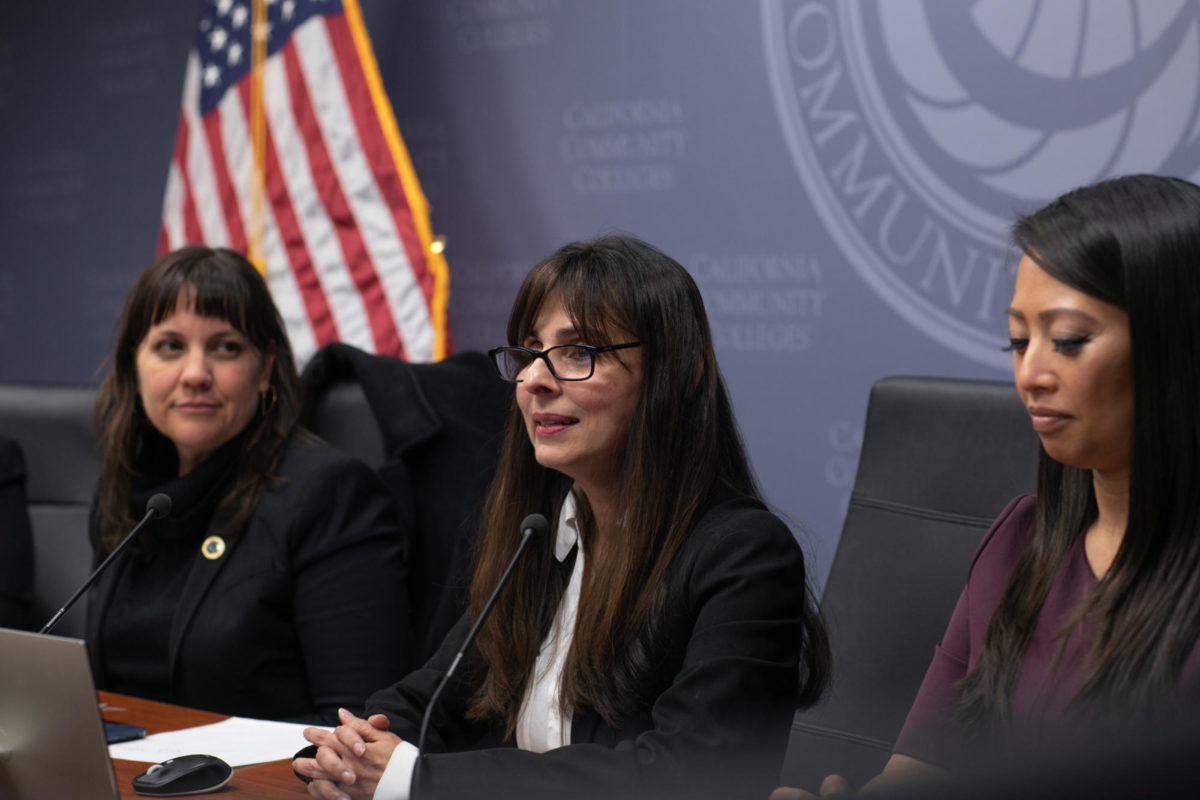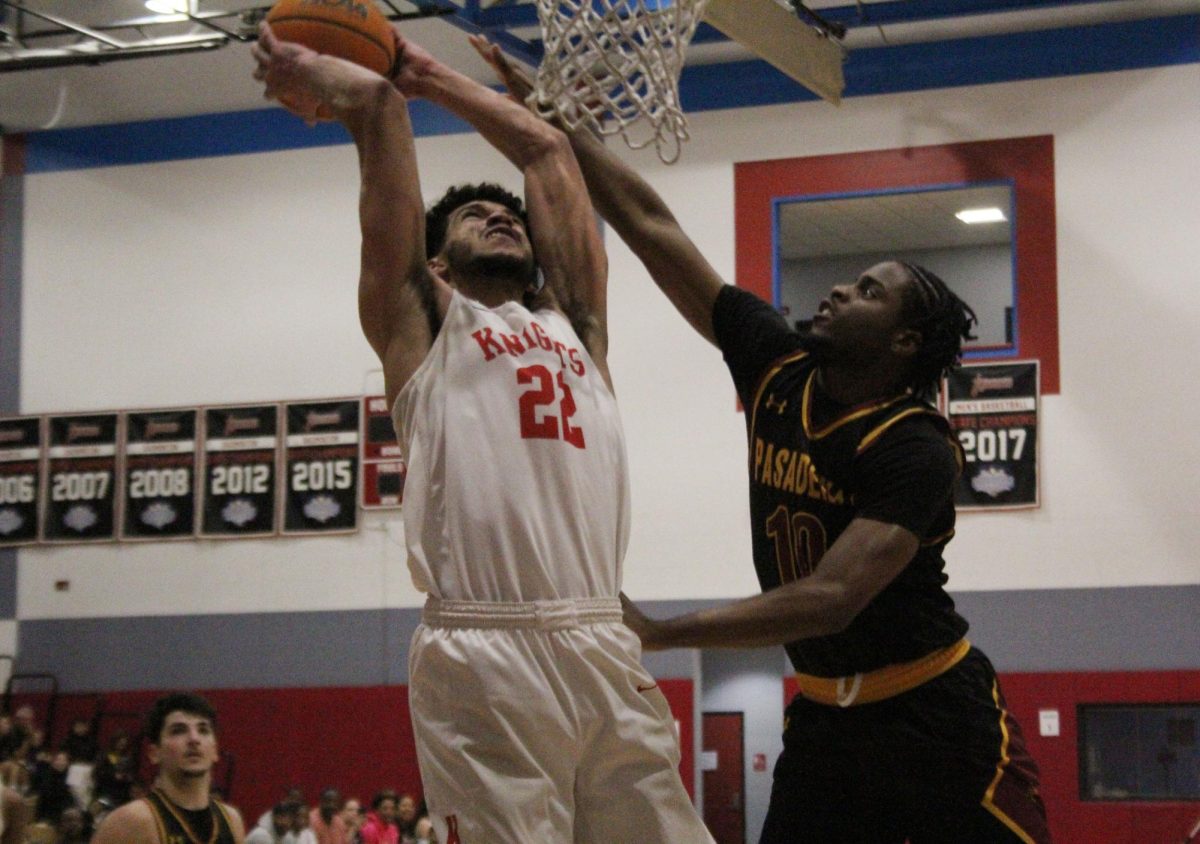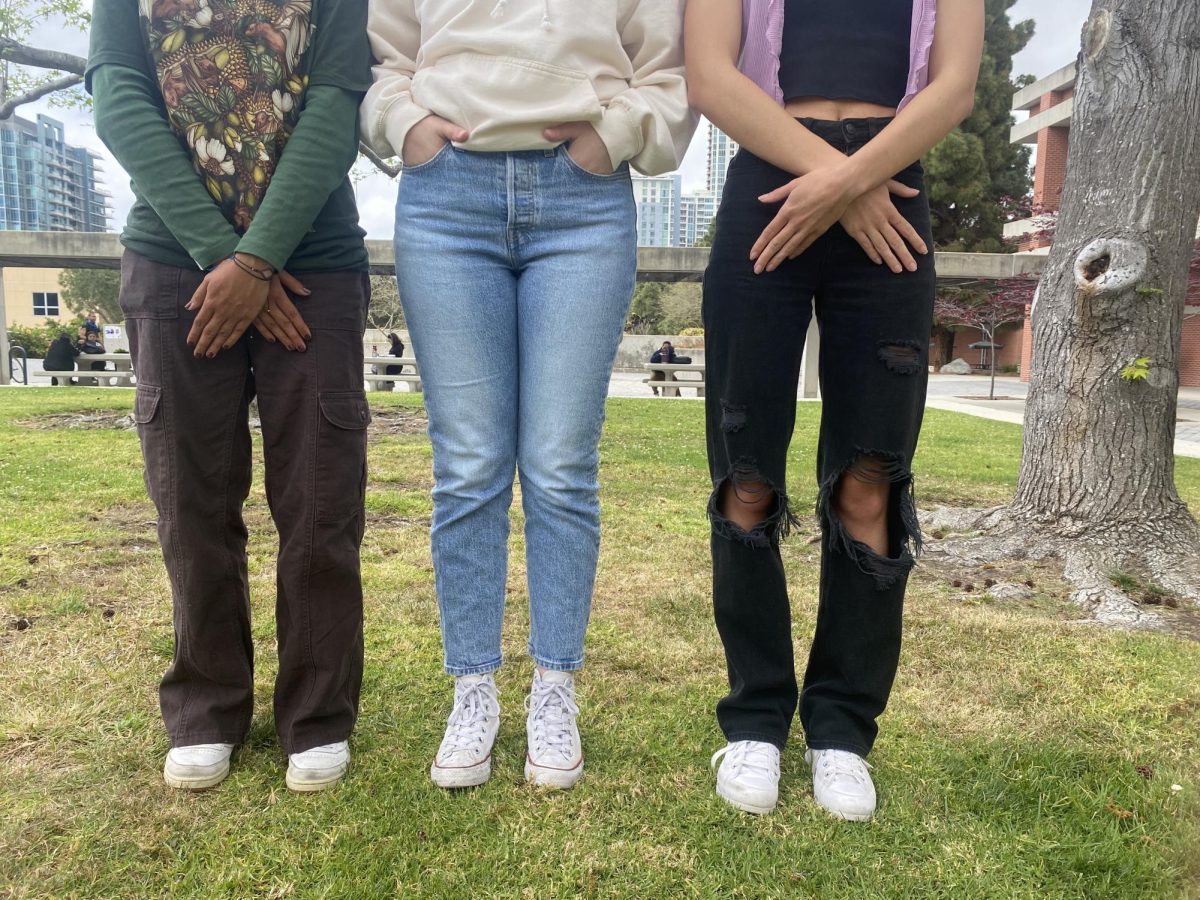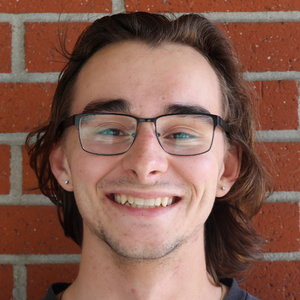Chancellor Sonya Christian led her first student media teleconference focused on Vision 2030, a plan for California community college development and reform, on Sept. 21.
The chancellor also answered questions from student media representatives across the state, including City Times.
Vision 2030 is a plan to increase the educational value of California’s community colleges by raising transfer rates, creating more bachelor’s programs and improving financial support access.
A key component to implementing the vision is reaching out to potential students in local communities, according to the published roadmap.
“There are 6.8 million community members who have a high school diploma, but no college credential,” Christian said. “So in Vision 2030, we are asking the question, ‘If we are an open-access institution, shouldn’t we be doing something about the 6.8 million Californians? Shouldn’t we take college to them if they have not found college yet?’”
Vision 2030 will be presented as an agenda item at the next Board of Governors meeting on Sept. 27.
City Times’ Editor in Chief Marco Guajardo asked about the impact of California State University tuition hikes on transfers from community colleges.
The CSU Board of Trustees just approved a proposal to increase tuition by 6% every year for the next five years, but Christian said the community college system is working on ways to support students through transfer.
“We’re also partnering with CSUs as well so that this doesn’t become a barrier for students to complete after they’ve completed the (associate degree for transfer) and they’re on their pathway to a bachelor’s degree,” Christian said.
Milan Rafaelov of Los Angeles Valley College followed up by asking how the district is facilitating student transfers and increasing bachelor’s programs at community colleges.
“We have about 30% of our students who are not able to get onto a bachelor’s degree pathway,” Christian said. “After we have legislation that guarantees them, when you complete your (associate degree for transfer), you can move on to bachelor’s degree, so I’m calling that out as something we are working on because we must make that pathway seamless.”
Dozens of bachelor’s degree programs are currently being rolled out at community colleges across the state.
Christian said community colleges must first go through an application process followed by a duplication analysis with CSUs.
Renee Bartlett-Webber of Santa Monica College asked about the statewide system’s plans to compensate for the loss of the hold harmless provisions which will end at the start of 2025-26 school year.
Hold harmless was a funding safety net established during the pandemic to maintain community college funding despite lower enrollments, but it is set to expire in less than three years. This could result in some colleges being underfunded.
Christian said the system is working to regain budgets by increasing enrollment, financial aid and degree completion. She said these trends are moving upward.
“We have about 30% of our students who are not able to get onto a bachelor’s degree pathway after we have legislation that guarantees them, when you complete your (associate degree for transfer), you can move on to bachelor’s degree,” Christian said. “So I’m calling that out as something we are working on because we must make that pathway seamless.”
The chancellor said they are working on ways to eliminate the application process for transfer students by allowing academic records to be sent directly to universities after the completion of an associate degree for transfer.
Student journalists from San Diego City College have been reporting since the spring 2022 semester on AB-927, a law that allows community colleges to offer bachelor’s degrees, and its impact both at San Diego City College and beyond as part of the Democracy and the Informed Citizen Emerging Journalist Fellowship program. To view the project in its entirety, click here.









